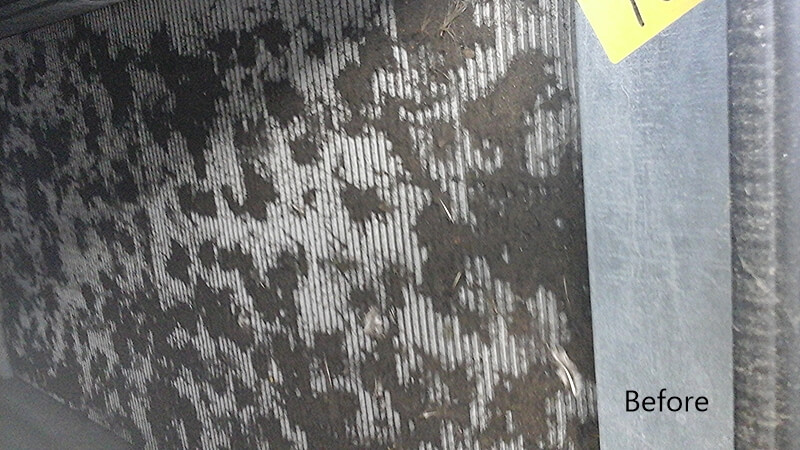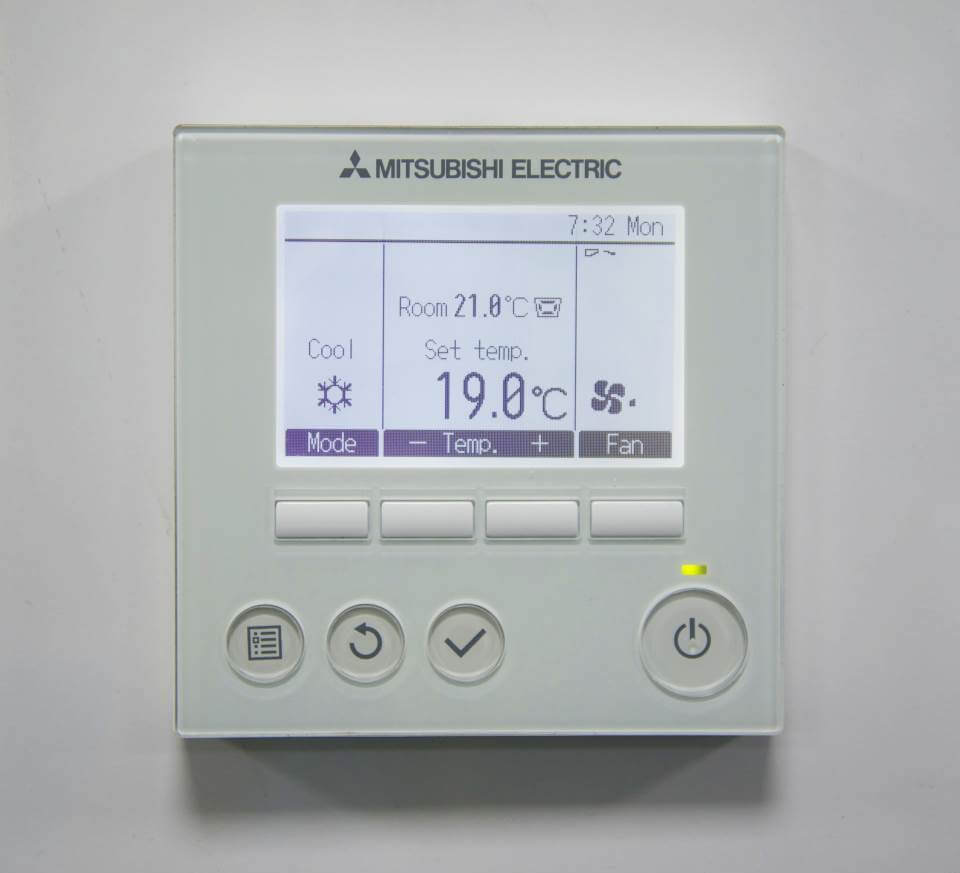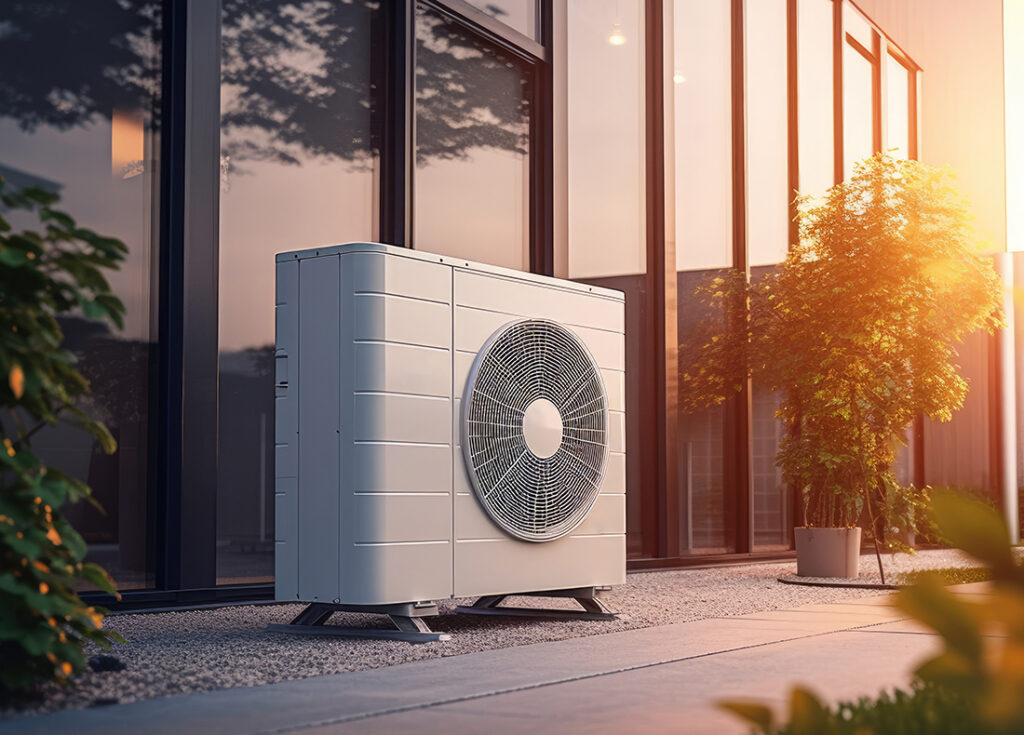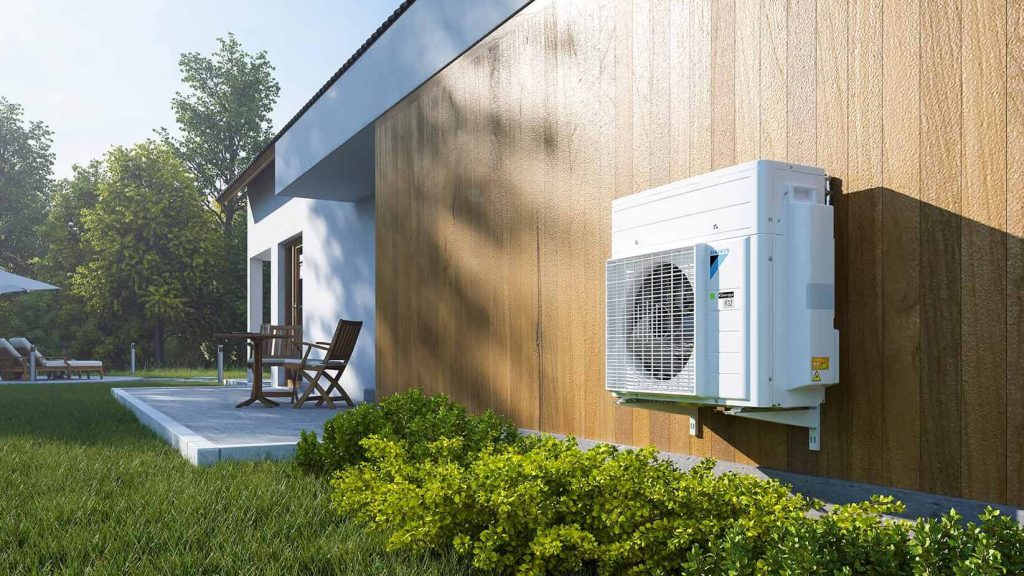Air Conditioning Legislation and Why Air Conditioning Maintenance Is Important

Estimated reading time 11 minutes
Anyone who has a refrigerant based air conditioning system in the UK needs to ensure they comply with current legislative requirements. Part of complying with regulations and legislation must include regular inspections and air conditioning maintenance.
The Department for Communities and Local Government have published the “Improving the Energy Efficiency of Our Buildings” document to “help anyone who manages or controls an air conditioning system to understand how the Energy Performance of Buildings Regulations (Certificates and Inspections (England and Wales) Regulations 2012 and the Directive, on which these regulations are based, work in practice, how to apply the regulations, what their responsibilities are and when air conditioning inspections are required.” These regulations came into force on 9th January 2013.
The “Improving the Energy Efficiency of Our Buildings” (PDF) document further explains “While this guidance aims to explain how the requirements will work in practice, any interpretation of the regulations is offered only as a guide. The Department for Communities and Local Government cannot provide legal advice. Therefore, it is important to read and understand the regulations and for individuals themselves to take a view on whether or not they fall within the requirements of the regulations.”
The Improving the Energy Efficiency of Our Buildings document does not cover inspection under the Fluorinated Greenhouse Gas Regulations and associated requirements. These regulations are covered separately within The Fluorinated Greenhouse Gases Regulations 2015.
It’s important to fully understand your air conditioning system and how the Energy Performance of Buildings Regulations legislation and F-Gas Regulations affects you and your business. Note: Buildings in Northern Ireland and Scotland are subject to separate regulatory requirements.
Below we outline the various directives and legislation we’ve mentioned above to provide you with more information on how this affects your air conditioning system and air conditioning maintenance.
Energy Performance of Buildings Regulations
The Energy Performance of Buildings Regulations require that every commercial property with a qualifying air conditioning system (effective rated output of more than 12kW) (this includes systems consisting of individual units which are less than 12kW but whose combined effective rated output is more than 12kW) must be regularly inspected by a professional air conditioning maintenance engineer, inspections must be no more than five years apart and they must be registered on the Non-Domestic Energy Performance Certificate Register (NDEPC) register. A copy of the inspection report must be kept.
A person taking over an air conditioning system with an output of more than 12kW must ensure that it is inspected within three months if no inspection report is available when responsibility changes.
The regulations require the first inspection of the affected air conditioning systems to be carried out as follows:
- for all systems first put into service on or after 1 January 2008, the first inspection must have taken place within five years of the date when the system was first put into service
- for other air conditioning systems, where the effective rated output is more than 250kW the first inspection must have taken place by 4 January 2009
- for other air conditioning systems, where the effective rated output is more than 12kW the first inspection must have taken place by 4 January 2011
Where inspections are not carried out penalties can be imposed.
F-Gas Regulation
Fluorinated gases (F-Gas) comprise hydrofluorocarbons (HFCs), perfluorocarbons (PFCs), sulphur hexafluoride (SF6) and nitrogen trifluoride (NF3).
EU legislation to control fluorinated green house gases (F-gas) the F-Gas Regulation (EU) No 517/2014 became law in July 2006. The Regulation aims to minimise emissions of these gases, which affect global warming if they escape into the air.
The current F-gas Regulation, which has applied since 1 January 2015, replaced the original F-gas Regulation adopted in 2006. These regulations will still apply to the UK during the transition period, which ends on 31 December 2020. After this period the UK will continue to restrict the use of ozone depleting substances (ODS) and maintain the phase down schedule for fluorinated greenhouse gases (F-Gas) under the Fluorinated Greenhouse Gases Regulations 2015.
The regulations work to:
- limit the total amount of the most important F-gases that can be sold in the EU from 2015 onwards and phasing them down in steps to one-fifth of 2014 sales in 2030
- ban the use of F-gases in many new types of equipment where less harmful alternatives are widely available, such as fridges in homes or supermarkets, air conditioning and foams and aerosols
- prevent emissions of F-gases from existing equipment by requiring checks, proper servicing and recovery of the gases at the end of the equipment's life.
As with the Energy Performance of Building Regulations failure to comply with F-Gas regulations can result in penalty charges. Legal responsibility for compliance with the regulations lies with the “operator”. The operator is defined as the person or organisation that controls the functioning of the air conditioning equipment.
Ensuring you are F-Gas compliant is a legal obligation for all companies that have an air conditioning system with a CO2 equivalent charge (a measure of how much a gas contributes to global warming, relative to carbon dioxide) of 5 tonnes or more.
The CO2 equivalent of the equipment charge is calculated by multiplying the number of kilograms of F-gas by the global warming potential (GWP) of the specific gas in the system. The CO2 equivalent of the equipment charge needs to be calculated as each F-gas has a different global warming potential which relates to its ability to absorb energy and add to the arming of the atmosphere.
The frequency of inspections and maintenance depends on the CO2 equivalent charge weight of your air conditioning system:
- 5-50 tonnes and above – at least every 12 months
- 50-500 tonnes and above – at least every 6 months
- 500 tonnes and above – at least every 3 months
Leakage detection systems must be installed on applications with 500 tonnes or more of F-gases. If a leak is detected and repaired, a further check must be carried out within one month to ensure that the repair has been effective
Operators must look to prevent and repair any air conditioning refrigerant leaks as soon as possible. Any work including leakage checks, repairs, service and maintenance must be carried out by a professional air conditioning maintenance engineer. Detailed service and maintenance records of all work carried out to the air conditioning system must be kept ready for inspection.
Records should contain information on the type of F-Gas within the system and the quantity contained, added or recovered. Dates of leakage checks and the equipment checked. The name of the air conditioning maintenance engineer carrying out the servicing. The engineer should be certified to carry out the checks and service and must understand the relevant regulations.
Older Air Conditioning Systems
Some businesses may still have older air conditioning systems which are using Refrigerant 22 (R22), a hydrochloroflurocarbon (HCFC) refrigerant. R22 was first discovered in 1934.
Decades after its discovery scientists discovered that chlorine; a component of CFC and HCFC refrigerants, causes damage to the ozone layer and hence is bad for the environment. As a result R22 which came after R11 (CFC-11) and R12 (CFC-12) and was seen as an improvement due to its relatively low ozone depletion potential of 0.055 was included in the 1987 Montreal Protocol (PDF) list of substances that were to be phased out of production over time for new air conditioners and heat pumps.
In 2004 HCFCs including R22 refrigerant banned for use in new air conditioning systems throughout the EU. In 2010 Virgin R22 refrigerant banned for use in maintenance and repairs. In 2015 all R22, including recycled and reclaimed refrigerant, banned for use in maintenance and repairs.
Replacement of R22
As a consequence of the ban on the use of R22 in air conditioning maintenance and repair this means that although it is not illegal to be using R22 in a fully functioning air conditioning system it does have a serious knock on effect when it comes to being able to repair these older systems. When a leak occurs your system will fail and be unusable. If and when this happens you will be faced with the decision to modify or replace your air conditioning system which will result in some down time.
Synecore advise replacement of air conditioning systems, especially in areas where air conditioning plays a vital role in keeping buildings and rooms cool e.g. in plant areas where a reliable cooling system is heavily relied upon to keep equipment and goods at a consistent cool temperature, such as server rooms and production facilities. In circumstances like these where a breakdown would have a major impact on the day to day running of the company and its services it is even more important that you ensure your air conditioning continues to work efficiently and effectively.
By planning ahead and preparing for a replacement to old R22 systems, which are reaching the end of their life, you can make sure there is minimum disruption to your business.
New Air Conditioning
There are various incentives to replace older air conditioning systems. As time has gone on new air conditioning and refrigeration systems have become far more energy efficient. In time they actually pay for themselves by lowering your energy bills, lowering your CO2 emissions as well as preventing/reducing repairs/problems your older system is likely to have.
The UK Government also offers tax breaks as part of the Enhanced Capital Allowance (ECA) scheme which was setup to allow businesses to benefit from tax breaks when investing in eligible energy-saving equipment. As well as tax breaks there are also payment plans available on new air conditioning installations. When coupled with a planned preventative air conditioning maintenance package the move to a new air conditioning system can be very affordable.
Planned Preventative Air Conditioning Maintenance
It’s clear from the legislation and regulations above that it’s vital to maintain and inspect your air conditioning system on a regular basis to ensure you remain compliant and within the law. It’s therefore critical to have a reliable air conditioning maintenance team available.
At Synecore we understand the need for a comprehensive air conditioning maintenance and servicing programme. Planned preventative maintenance can do the following:
- inspect your air conditioning system for faults
- ensure any potential issues which could lead to leaks are resolved before they become an issue
- it can help to detect problems in advance and prevent them from becoming a bigger problem later on
- ensure your air conditioning is back up and running as soon as possible
- prevent downtime by keeping the whole of your system maintained
- keep detailed and up to date records to comply with legislation.
Planned preventative air conditioning maintenance packages are available to suit your business. Part of the package includes scheduled (planned) air conditioning maintenance visits throughout the year which allows us to make sure your system remains efficient and F-Gas compliant.
Each of our air conditioning maintenance projects is overseen by a fully qualified project manager who has the right experience so you know your air conditioning is in good hands and will continue to be fully functional and highly efficient at providing you with the correct amount of heating or cooling for your property.
Your air conditioning maintenance package includes a series of advanced checks and tests where our experienced engineers will assess the condition of your air conditioning unit and provide you with a detailed report on what needs looking at or repairing. Our engineers will carry out any necessary repairs or replacements to ensure that disruption to your business is kept to an absolute minimum.
Expert Heating, Ventilation, Air Conditioning Maintenance Contractors
Synecore are based in Detling, just outside Maidstone in Kent, we operate throughout Kent, London and the UK, providing commercial and industrial clients with the very best in air conditioning maintenance and servicing.
To find out how Synecore can help your business, get in touch with our head office in Sittingbourne, Kent to discuss your requirements and arrange your free no obligation quotation at your convenience. We operate throughout Kent, London and the UK. You can call us on 01795 509509, email us at sales@synecore.co.uk or get in touch via our contact form.



